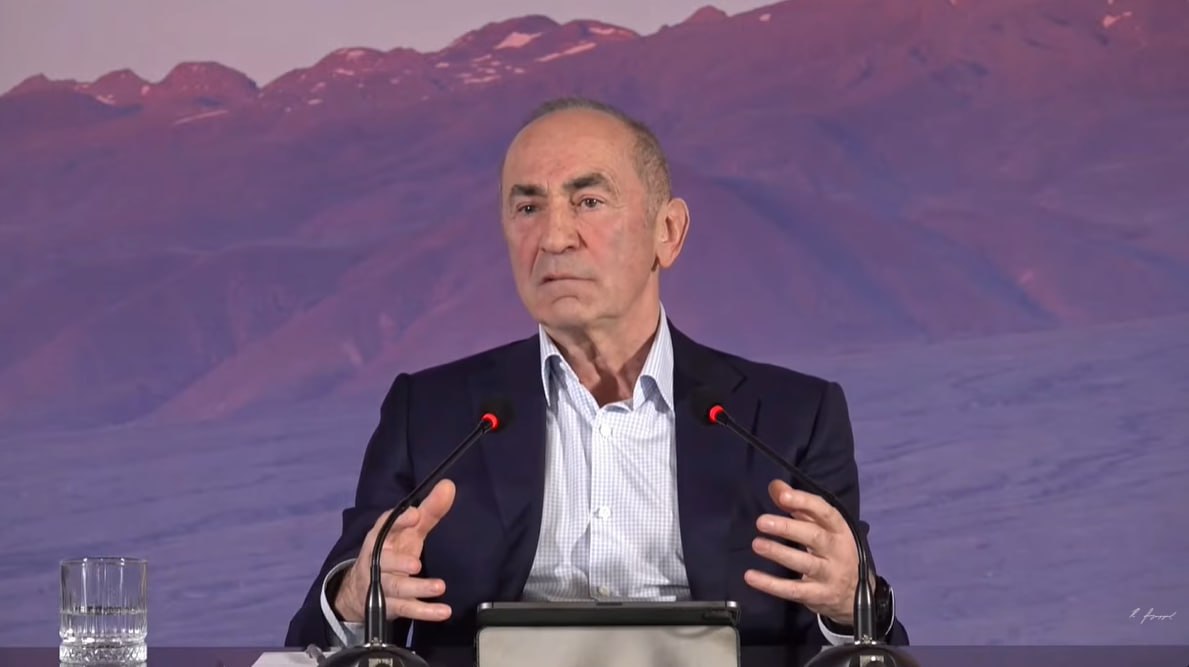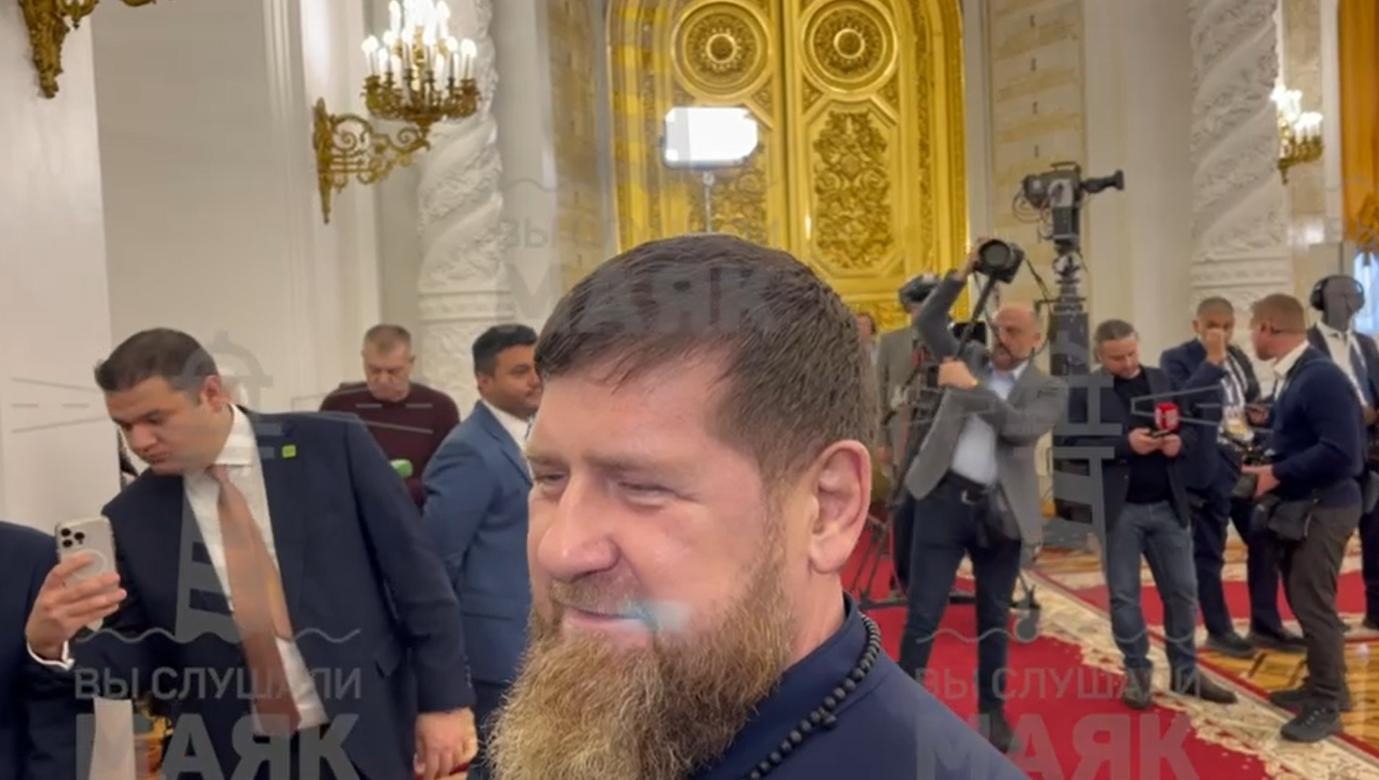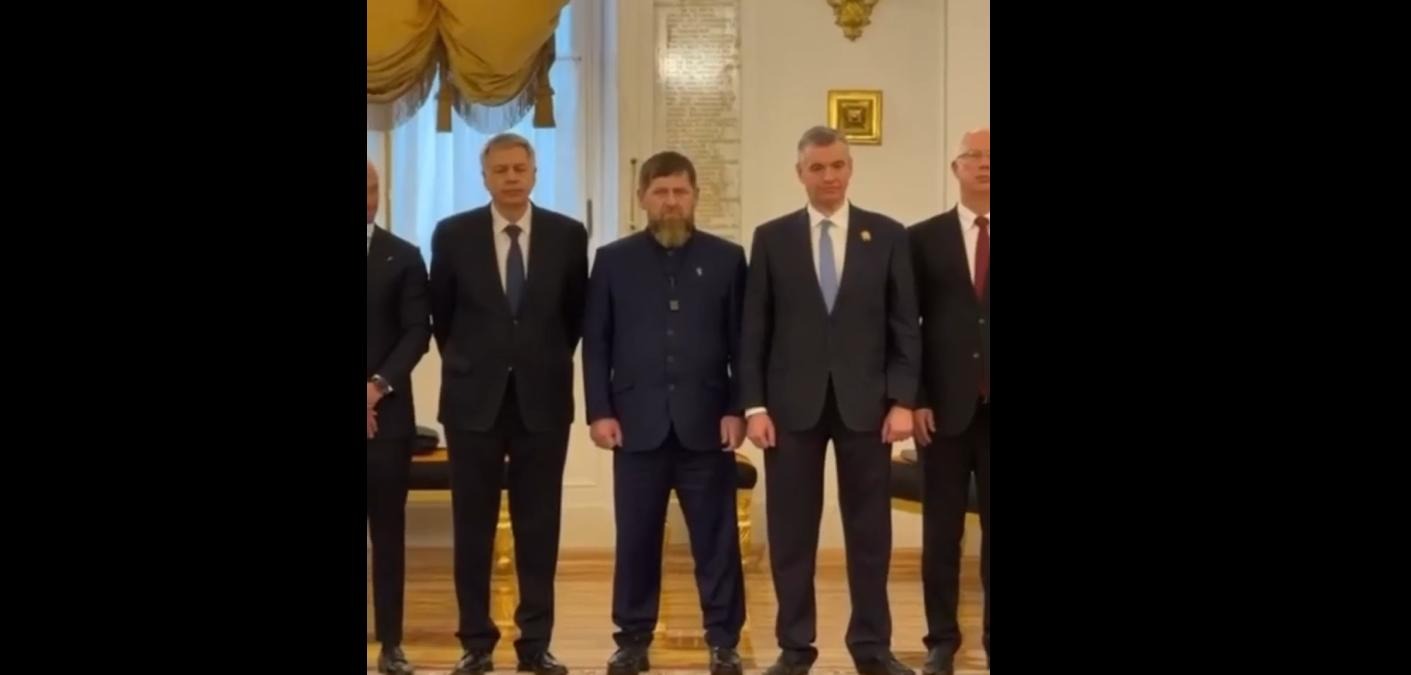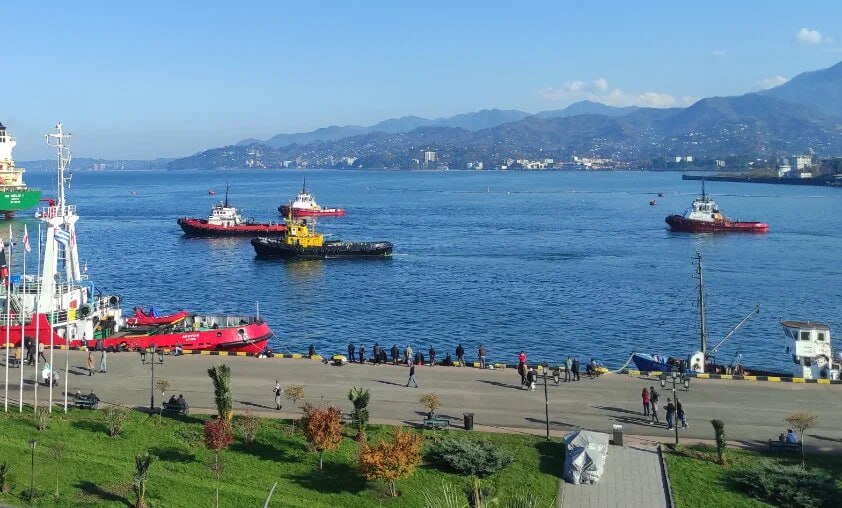Former Armenian President Robert Kocharyan warned against the current government's flippant attitude toward possible harsh responses from Moscow. He believes the authorities fail to grasp the scale of the potential impact Russia could have, including tariff revisions and export blockages.
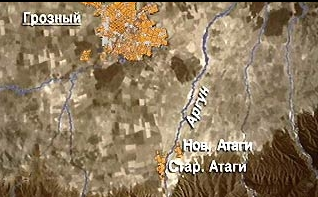
August 17, 2001
***
On the night of August 17, the Russian military shelled the villages of Staryye and Novye Atagi, Chiri-Yurt, as well as a number of settlements in the Vedensky district.
***
In Grozny, an explosion occurred near the building where the RUBOP is located; there are casualties among the policemen.
***
In the morning, an APC was blown up on Pervomaiskaya Street in Grozny near school No. 7. The explosion killed the Russian military.
On August 18, a Ural car was blown up at the same place. According to eyewitnesses, this time there were wounded and killed among the military. A young man who happened to be nearby was seized, beaten with machine gun butts and thrown into an APC. According to witnesses, it is possible that the military shot him: two shots were fired inside the armored car.
On August 19, at about 9 pm, the Russian military fired at the courtyards of several houses located on Bogdan Khmelnitsky Street. There were civilians there at the time. In a panic, they began to scatter along the porches. As a result of the shelling, Umar Didigov, 46 years old, who lives in house 70, was wounded. Local residents regarded this shelling as an act of retaliation for the soldiers killed in the previous two days.
***
In the afternoon, in the area of the village of Starye Atagi, the armored personnel carrier following the first in the convoy was blown up on the highway, after which shelling from machine guns and grenade launchers of the rest of the armored vehicles and vehicles began ; one Russian soldier was killed.
***
The Russian military carried out a “cleansing operation” in the villages of the Shatoi region.
***
From the village of Pobedinskoye, the Russian military took four young men, the oldest of whom was 27 years old. The next day, their corpses were found in a forest belt near the village of Alkhan-Kala.
From the book "People Live Here", Usam Baisaev, Dmitry Grushkin, 2006
